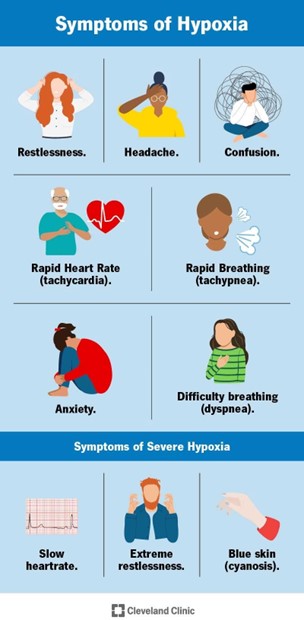The nurse is performing a functional assessment on an older client who lost five pounds (2.27 Kg) of weight since the last visit 12 weeks ago, and who reports a decrease in energy and appetite. Which action should the nurse include during the assessment?
Request to have the client lie as still as possible for the assessment.
Ask the client how often episodes of sundowning are experienced.
Question the client about the frequency of falls in recent months.
Assist the client with clarifying values about end-of-life care
The Correct Answer is C
A) Incorrect - Requesting the client to lie still may be relevant for certain assessments, but it is not specific to the situation described in the question.
B) Incorrect - Inquiring about episodes of sundowning is more relevant for clients with cognitive impairment and is not directly related to the client's weight loss and decreased energy and appetite.
C) Correct - Questioning the client about the frequency of falls is important, as falls can contribute to weight loss, decreased energy, and appetite changes in older adults.
D) Incorrect - Assisting the client with clarifying values about end-of-life care is a valuable nursing intervention but is not the priority in this assessment scenario.
Nursing Test Bank
Naxlex Comprehensive Predictor Exams
Related Questions
Correct Answer is D
Explanation
d. “May I sit with you for a while?"
This comment shows empathy, respect, and support for the client, without being intrusive or judgmental. The PN acknowledges the client's feelings and offers companionship, which can help reduce isolation and loneliness.
The other options are not correct because:
- This comment may be perceived as coercive or dismissive of the client's feelings, as it tries to persuade the client to do something he does not want to do or enjoy.
- This comment may be perceived as accusatory or interrogatory, as it questions the client's decision or motive for staying in his room.
- This comment may be perceived as minimizing or invalidating the client's feelings, as it implies that the client should not be sad or that his family is doing enough for him.
Correct Answer is ["A","E"]
Explanation
The level of hypoxemia that the child may have experienced during the submersion depends on several factors, but the most important ones are:
- The **temperature of water**: Cold water can induce a diving reflex, which lowers the heart rate and oxygen consumption, and may protect the brain from hypoxic injury¹². Cold water can also cause laryngospasm, which prevents water aspiration but also impairs gas exchange.
- The **amount of time the child was submerged**: The longer the submersion, the more severe the hypoxemia and the higher the risk of brain damage and death. The survival rate decreases significantly after 5 minutes of submersion³.
The other factors are less relevant or not directly related to the level of hypoxemia:
- The **weight of the child**: This may affect the buoyancy and the ability to float or swim, but not the oxygen consumption or gas exchange during submersion¹.
- The **oxygen concentration of the ambient air**: This may affect the pre-submersion oxygen saturation, but not the rate of oxygen depletion or gas exchange during submersion¹.
- The **witnessing of the fall into the pool**: This may affect the time to rescue and resuscitation, but not the level of hypoxemia during submersion.

Whether you are a student looking to ace your exams or a practicing nurse seeking to enhance your expertise , our nursing education contents will empower you with the confidence and competence to make a difference in the lives of patients and become a respected leader in the healthcare field.
Visit Naxlex, invest in your future and unlock endless possibilities with our unparalleled nursing education contents today
Report Wrong Answer on the Current Question
Do you disagree with the answer? If yes, what is your expected answer? Explain.
Kindly be descriptive with the issue you are facing.
